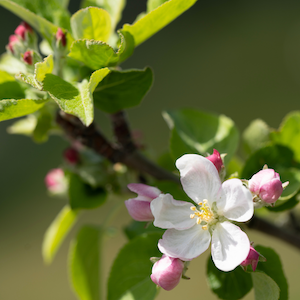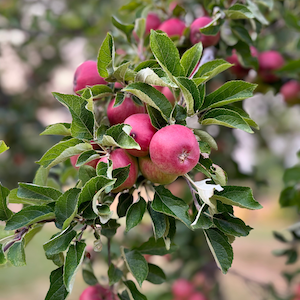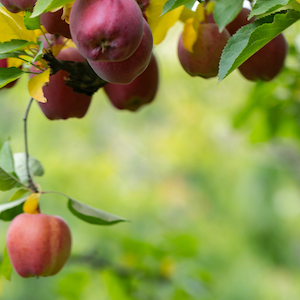Experimental Food Forest in a Chilean Heritage Orchard
Speakers: Carlos Flores
Date & Time: Thursday, February 6, 10:30 – 11:45 AM
This presentation will explore a three-year experimental model of a food forest established within a 38,000 ft² heritage apple orchard in Chile. This system takes advantage of the existing orchard’s structure, using the century-old apple trees as a foundation to build a biodiverse ecosystem. Though still in its early stages, the project seeks to integrate native species and complementary plants to create a dynamic system that offers both ecological and aesthetic value. The aim is to enhance biodiversity while preserving the cultural and historical significance of the orchard.
Farming Practices for Optimizing Orchard Soil Health
Speakers: Ashley Lindsay
Date & Time: Thursday, February 6, 3:45 – 5:00 PM
With the wide variety of cover crop seeds available on the market, what is the best cover crop for my orchard? We will demystify what cover crops can do to improve soil health, reduce weed pressure, improve pollinators habitats and provide beautiful photos in the orchards.
Balanced Orchard Sustainability Through IPM
Speakers: Elizabeth Garofalo
Date & Time: Friday, February 7, 10:30 – 11:45 AM
In this session we will discuss what sustainability means within the context of orchard production. There are many different pest management systems to consider when in an orchard; from conventional to organic with a wide array of variability in between. We will look to find the balance of orchard sustainability in the space where community, environment and economic health come together.



